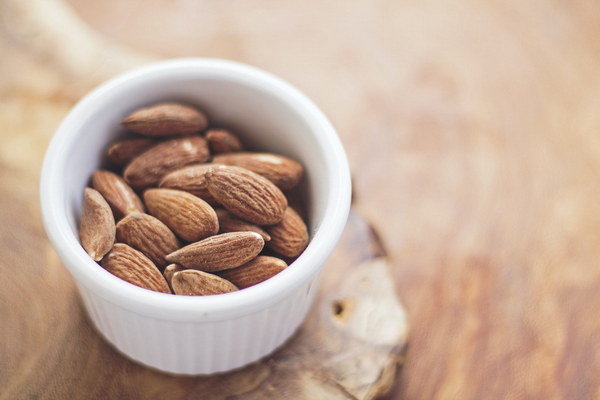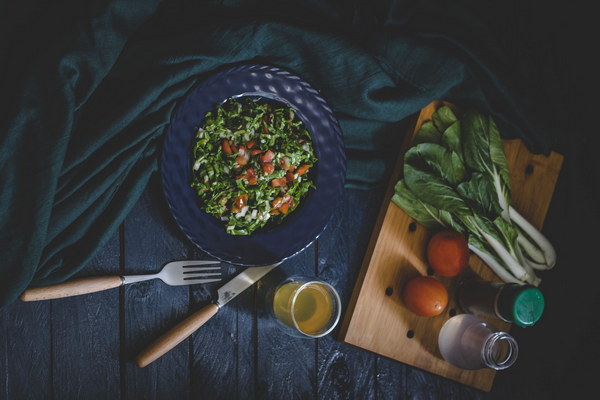Optimizing Sheeps Stomach and Spleen Health A Comprehensive Guide to Proper Feeding and Care
In the realm of animal husbandry, ensuring the health of sheep's vital organs, particularly the stomach and spleen, is crucial for their overall well-being and productivity. The stomach and spleen play a pivotal role in digestion and immune function, respectively. This article delves into the intricacies of how to nurture and maintain the optimal health of sheep's stomach and spleen through proper feeding and care practices.
Understanding the Stomach and Spleen in Sheep
Sheep have a specialized stomach, divided into four compartments: the rumen, reticulum, omasum, and abomasum. The rumen and reticulum are responsible for fermentation, while the omasum and abomasum facilitate the breakdown of food into nutrients. The spleen, on the other hand, is part of the immune system and produces red blood cells, among other functions.
Feeding Practices for Stomach and Spleen Health
1. Balanced Diet: A balanced diet is essential for maintaining the health of both the stomach and spleen. Ensure that the diet includes a mix of forage, grain, and supplements to provide a wide range of nutrients. Forage should be the primary component, as it contains the necessary fiber for digestion.
2. Quality Hay: High-quality, non-legume hay is ideal for sheep. It should be free from mold and dust, which can irritate the stomach and spleen.
3. Grain Intake: Grains should be introduced gradually to avoid overloading the rumen. A mix of grains such as barley, corn, and oats can provide energy and protein, but should not exceed 20% of the total diet.
4. Supplements: Supplements like selenium, vitamin E, and probiotics can support the immune system and promote stomach health.
Care and Management

1. Water Availability: Adequate access to clean water is crucial for digestion. Ensure that water sources are free from contaminants and are available at all times.
2. Regular Health Checks: Regularly monitor sheep for signs of stomach or spleen issues, such as changes in appetite, weight loss, or diarrhea. Early detection can prevent more serious complications.
3. Sanitation: Keep the sheep's living area clean to prevent the spread of diseases that can affect the stomach and spleen.
4. Stress Management: Stress can negatively impact both the stomach and spleen. Provide a calm, comfortable environment and avoid unnecessary disturbances.
Preventing Common Issues
1. Bloat: Bloat is a serious condition that can occur when the rumen fills with gas. Prevent bloat by ensuring a balanced diet and avoiding high-grain feeding.
2. Stomach Ulcers: Stomach ulcers can occur due to stress or a lack of forage. Manage stress levels and provide a constant supply of forage to reduce the risk.
3. Spleen Problems: Spleen issues can arise from infections or other health conditions. Keep sheep in a healthy environment and promptly treat any signs of illness.
Conclusion
Maintaining the health of sheep's stomach and spleen requires a holistic approach that combines proper feeding, careful management, and a focus on prevention. By understanding the specific nutritional needs and care routines, farmers can ensure that their sheep lead healthy, productive lives. Through dedication and attention to detail, the stomach and spleen of sheep can be kept in optimal condition, contributing to the overall well-being of the flock.









